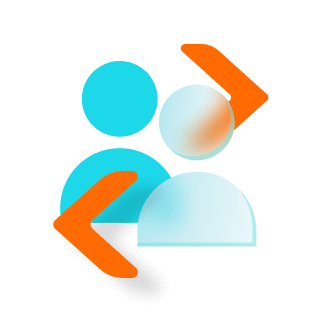Ledger
What is a Ledger?
A ledger can be described as a physical book or a digital computer file used to record monetary and financial transactions, either as debits or credits. Typically, ledgers also display the balance for each individual or account within the set of financial records, along with the date of each transaction.
What Is Distributed Ledger?
Distributed ledger technology (DLT) is a computerized system that enables asset transactions to be tracked by recording transactions and their associated information in multiple locations simultaneously. Unlike traditional databases, distributed ledgers do not have a central data store or management features.
A distributed ledger is a type of database that is spread across multiple network nodes, creating a decentralized system for securely and openly recording and storing transactions without relying on a centralized authority or intermediary. The use of cryptographic methods in distributed ledgers makes it extremely difficult to tamper with or alter the recorded data, making them particularly useful for documenting financial transactions, digital assets, and other data requiring high levels of security and transparency.
While blockchain is a specific type of distributed ledger that uses a chain of blocks to record transactions, there are other forms of distributed ledgers with different architectures and methods, such as directed acyclic graphs (DAGs) and hashgraph.
What Is Blockchain Ledger?
A blockchain ledger is a distributed database maintained by a network of computers, utilizing cryptography to secure each transaction and prevent retroactive alteration without network consensus.
Comprised of blocks containing transaction lists, timestamps, and cryptographic hashes of previous blocks, the ledger forms a linear, chronological chain, creating an immutable record of all network transactions. Its decentralized nature ensures resistance to tampering, censorship, and fraud, making it an ideal platform for secure and transparent transactions.
While commonly associated with cryptocurrencies like Bitcoin, blockchain technology has diverse applications, including supply chain management, voting systems, and digital identity verification.
Related glossaries
